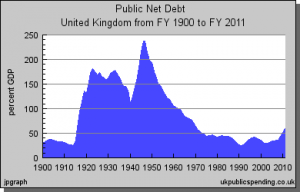Having recently lived in France for a year, my heart goes out to the French people. I lived in South Western France, but fell in love with Paris as a city of art, philosophy, history and music. That it was targeted with such violence last night is a travesty of epic proportions.
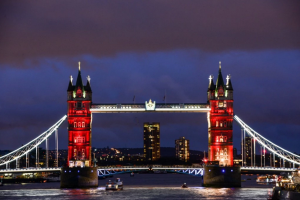
At this time there are 129 deaths and 352 injured according to Le Monde.
I’d like to spend a few minutes thinking about the longer term effects of what just happened in Paris. My background if you don’t know me is: I’m a CEO of a cyber security company, I’m a software engineer and I’m interested in public policy.
2,977 victims died in the World Trade Center attacks on September 11th 2001. The attacks had a profound effect on public policy and foreign policy world-wide. The result was a US led war in Afghanistan and a further war with Iraq. The cost and effect of these wars continue to this day, 14 years later.
The WTC attacks also led to the Patriot Act and a huge increase in surveillance by the United States and intelligence partners. The intelligence partners are the “Five Eyes” which include the USA, United Kingdom, Canada, Australia and New Zealand. The Patriot act was the tip of the iceberg and since the Snowden revelations we have now learned the depth and breadth of the increase in intelligence gathering and surveillance post 9/11.
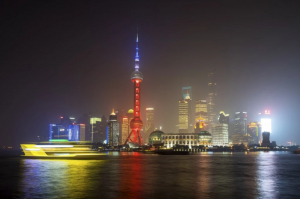
The impact of the WTC attacks can, today, in my opinion, be compared to the impact of the Pearl Harbor attack in the way it changed US foreign policy and public policy. The day after the Pearl Harbor attack, the US declared war on Japan and Roosevelt and later Truman demanded the ‘unconditional surrender’ of Japan as the only acceptable end to the conflict.
More recently, post 9/11 in the United States and world-wide the public appetite for conflict had started to taper off starting in 2008 with the Obama campaign that ran on a platform of exiting Iraq.
Added to this there was a tapering in the public appetite and tolerance of surveillance with the Manning leaks published on Wikileaks in 2010 and the Snowden revelations in 2013.
The number of casualties in Paris yesterday are not as high as Pearl Harbor or 9/11, but we live in a post 9/11 World where we already have an increase in conflict and surveillance. The public also has an increased sensitivity to these kinds of attacks.

In my view, the Paris attacks will bring us back to the world-wide climate we encountered immediately post 9/11. It will ensure that France enters any war it hopes will reduce the threat of domestic terror and France will go beyond that. France will actively, as the USA did, seek retribution for the attacks yesterday. Manuel Valls (France’s Prime Minister – the equivalent of a Chief Operating Officer) said today that “We must annihilate the enemies of the Republic”, which sets the tone of the response going forward.
If this had happened in the absence of 9/11, the French response would have been severe, but would not necessarily have been backed by a long term global response. Because this is post 9/11 and because it refreshes the global memory of the impact of terrorism, this will have a much wider influence on global governments and their public and foreign policy.
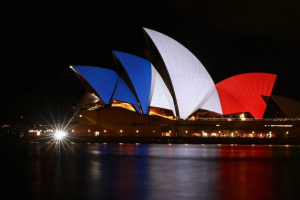
I expect that there is a show of solidarity with France that goes beyond countries displaying the French flag on public and private buildings last night and tonight.
France will likely be brought closer into the Five Eyes intelligence sharing arrangement which has so far excluded all European countries with the exception of the United Kingdom. [And in fact had an adversarial relationship with countries like Germany]
In response to Charlie Hebdo, France passed a new surveillance law in May that allows the monitoring of phone calls and emails without the authorization of a judge. The law also requires ISP’s to install devices to sniff Internet traffic and make that traffic available to French intelligence services. The law is essentially the USA Patriot Act without the need for a FISA court to authorize surveillance.
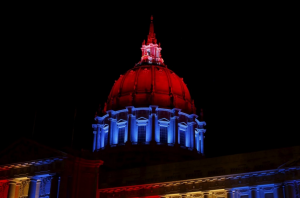
The tragedy yesterday will likely provide the impetus to pass additional laws that cover anything that legislation earlier this year may have missed. That earlier law doesn’t appear to have missed much.
I hold no strong opinions either way on public surveillance. That we appear to need surveillance, I consider tragic. I’d also prefer to not have secrets, but a thought experiment I came up with a few years ago seems to indicate that the need for secrets is inevitable.
My interest is in understanding what will happen next, and we appear to be headed into a deeper spiral of surveillance, conflict and secrecy. I’d prefer that things were different, but I’m angry too.





